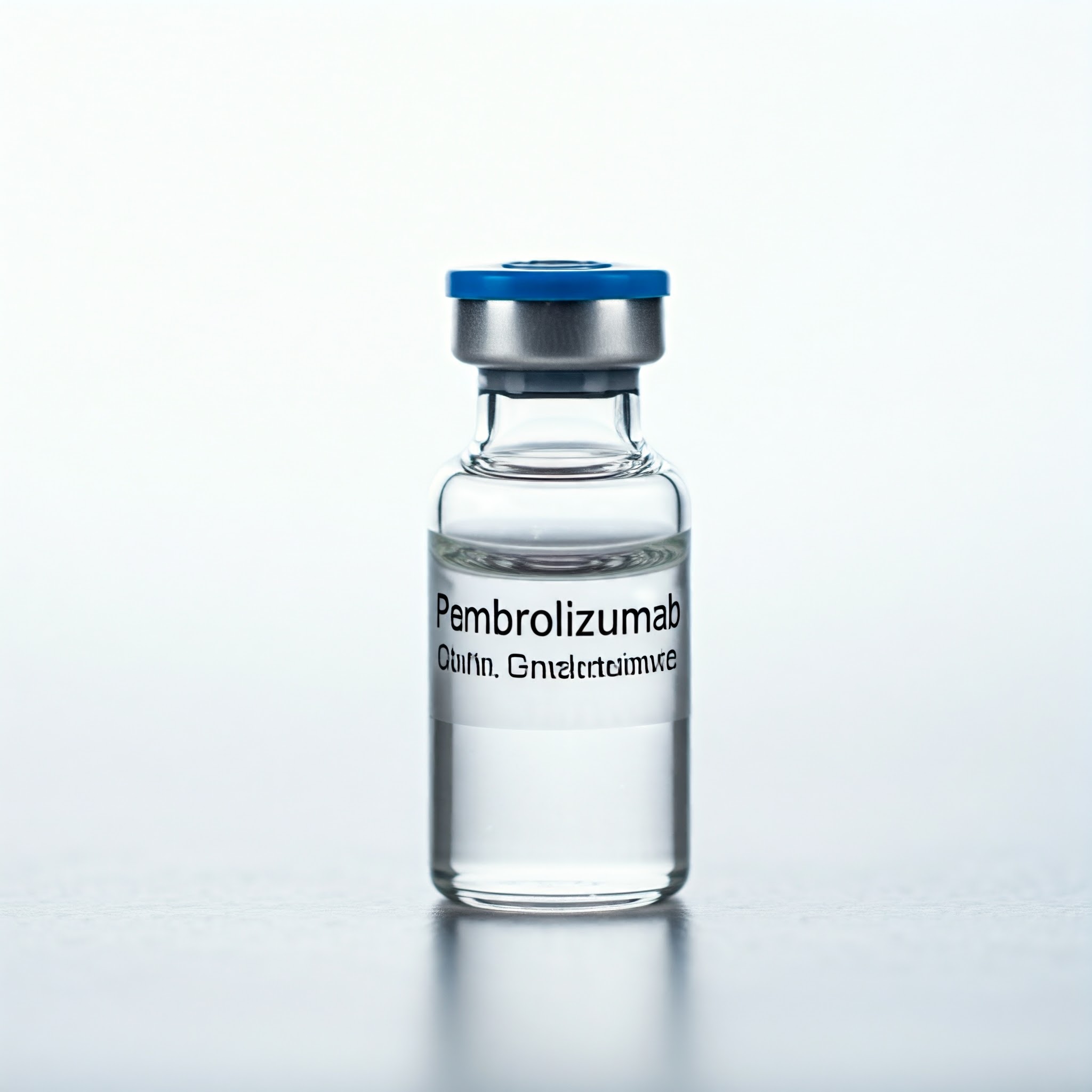The results of the SU2C-SARC032 clinical trial, which was conducted by researchers from the University of Pittsburgh, UPMC, Duke University, and Princess Margaret Cancer Centre, University Health Network, showed that adding the immunotherapy medication pembrolizumab to the standard of care for patients with advanced soft tissue sarcoma of the limb significantly improved disease-free survival.
Their findings were published in the journal The Lancet.
Soft tissue sarcoma is a rare and complex disease with over 50 different subtypes, which makes it hard to study in large clinical trials,
Since we haven’t made much progress in treating these patients for decades, it’s really exciting that this trial shows pembrolizumab can improve outcomes beyond current standard of care for patients with locally advanced disease.
Yvonne Mowery, M.D., Ph.D.
A class of tumors known as soft tissue sarcoma of the extremities develops in the muscles, tendons, fat, blood vessels, or nerves of the arms and legs. According to Mowery, treating before symptoms of metastatic disease appear is crucial because about half of patients with large, high-grade sarcomas get incurable metastases.
We typically treat patients with a combination of surgery and radiation therapy,
Some patients also receive chemotherapy, but the data are mixed on its effectiveness and it’s also very toxic, so we were interested in seeing whether immunotherapy could improve outcomes for patients.
David Kirsch, M.D., Ph.D.
The researchers recruited patients with stage 3, grade 2, or 3 soft tissue sarcoma of the extremities, including two subtypes: undifferentiated pleomorphic sarcoma and dedifferentiated/pleomorphic liposarcoma, from 20 institutions in the United States, Canada, Australia, and Italy.
In addition to conventional care, patients in the experimental group received preoperative and postoperative pembrolizumab infusions, while patients in the control group received standard care, including preoperative radiation and surgery.
In a total of 127 patients, the experimental group’s two-year disease-free survival rate was 67%, whereas the control group’s was 52%. This suggests that pembrolizumab decreased the risk of patient death or recurrence.
As anticipated, the experimental group experienced more major adverse events (56%) than the control group (31%); however, neither group experienced any treatment-related deaths. Crucially, these results imply that pembrolizumab might be a less harmful therapeutic alternative to chemotherapy.
The researchers will keep an eye on these patients to help determine whether adding pembrolizumab increases overall survival, even though they think it’s too soon to tell.
Based on our finding that pembrolizumab significantly improved disease-free survival, we hope that more clinicians will start incorporating immunotherapy into their practice for these patients,
Given that there are such limited effective options for patients with metastatic disease, our hope is that reducing the number of patients who develop metastases will ultimately lead to improvements in overall survival.
Yvonne Mowery, M.D., Ph.D.
Source: UPMC – News
Journal Reference: Yvonne M Mowery, Karla V Ballman, Angela M Hong, Scott M Schuetze, Andrew J Wagner, Varun Monga, Rachel S Heise, Steven Attia, Edwin Choy, Melissa A Burgess, Susie Bae, David I Pryor, Brian A Van Tine, Gabriel Tinoco, Bartosz Chmielowski, Carolyn Freeman, Alessandro Gronchi, Christian F Meyer, Mark A Dickson, Lee Hartner, Lara E Davis, Benjamin C Powers, Everett J Moding, Kent J Weinhold, Matt van de Rijn, Brian E Brigman, Richard F Riedel, David G Kirsch. Safety and efficacy of pembrolizumab, radiation therapy, and surgery versus radiation therapy and surgery for stage III soft tissue sarcoma of the extremity (SU2C-SARC032): an open-label, randomised clinical trial. The Lancet, 2024; DOI: 10.1016/S0140-6736(24)01812-9.
Last Modified:





